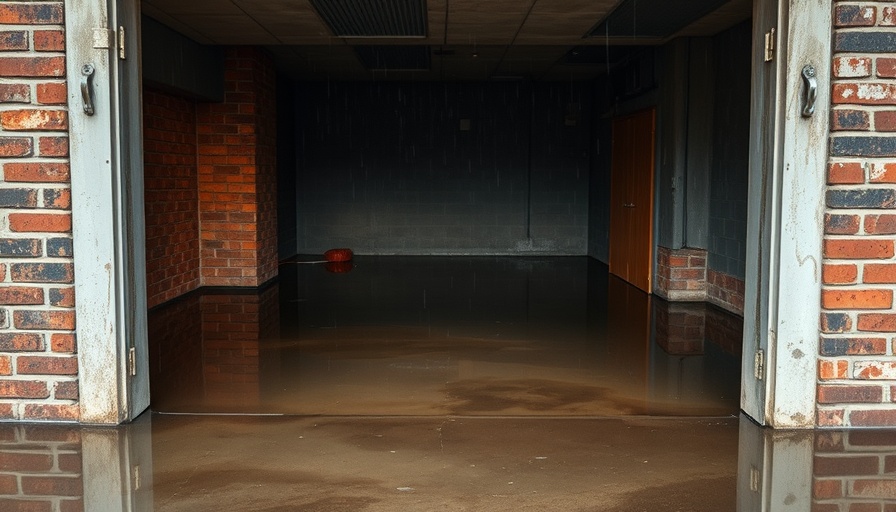
Understanding the Causes of Basement Water Leaks
Basement water leaks can emerge from various sources, especially during heavy rainfall. One common cause is the poor grading of your yard. If the landscape slopes toward your home rather than away from it, water can pool around your foundation and find its way into your basement. Additionally, clogged gutters and downspouts can lead to overflowing, forcing water to seep into your home. It’s crucial to assess your property after major rainstorms, looking for any signs of water pooling or overflows.
Simple Solutions to Prevent Water Infiltration
One of the first steps to take when managing basement leaks is clearing your gutters and downspouts regularly. Ensuring they’re free of debris prevents water from spilling over and accumulating around the foundation. Additionally, extending downspouts at least five to ten feet away from your house minimizes the risk of water seeping in. Installing a French drain can also effectively redirect water away from your basement. This system comprises trenches filled with gravel or rock that channel water away from your home.
Advanced Techniques for Long-Term Protection
If you've implemented basic solutions but still experience leaks, you may need to consider more advanced options. Exterior waterproofing involves digging around your home's foundation and applying a waterproof sealant. While this option can be expensive, it significantly reduces the risk of water entering your basement. Another option is interior sealing. This involves applying a sealant to basement walls, creating an impermeable barrier against moisture.
The Importance of Regular Maintenance
Preventing water leaks is not a one-time task; it requires regular maintenance. Schedule dust and debris removal from gutters at least twice a year. During the fall, when leaves fall, and in the spring before heavy rain seasons, this task can prevent significant issues. Installing a sump pump can also prove useful for homes prone to flooding. This pump activates when water reaches a predetermined level, ensuring that your basement remains dry.
Understanding Local Climate Considerations
Your geographic location may also impact your home's vulnerability to basement water leaks. Areas with high rainfall or flooding risks should prioritize protective measures like waterproofing and regular inspections. Consider connecting with a local contractor who can provide tailored solutions that align with your region's humidity and rainfall patterns, ensuring your home remains safe and dry.
Taking Action Against Basement Water Problems
As a homeowner, addressing the issue of water leaks is crucial to maintaining the value and safety of your property. By identifying potential causes, implementing preventative measures, and keeping up with maintenance, you can reduce the risk of water intrusion in your basement significantly. Don't wait for the next heavy rain to take action—start making these adjustments today. For more detailed guidance tailored to your specific situation, we encourage you to consult with a local expert.
 Add Row
Add Row  Add
Add 




Write A Comment